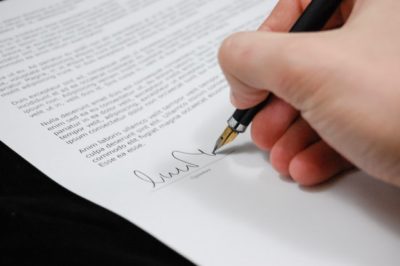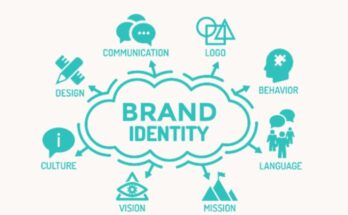I have been working in the field of personal service for years and know that most people are unaware that legal aid exists. When people need legal advice, they can use various legal assistance services. In the United States, most states provide legal aid to people who cannot afford to pay for lawyers. In each state, there is a different breakdown of legal aid services that can be found by region, province or city. It is good to know that legal services cover many different services.
When you need a lawyer to answer a specific question over the phone, you generally do not have to pay for their services. However, you have to be very careful and be sure that you are talking to the right person. For example, if you need legal advice on a crime, do not talk to a real estate attorney and if you need tax information, a criminal lawyer will not help you. It is important to know that each area of legal service is divided into areas of expertise.
If that’s not enough to call, hire a lawyer to help you resolve your case. You can then contact the legal services in your country. You can get legal advice and representation at a discounted rate, or sometimes for free if you can’t afford it. There are states that give criminal defense public defenders. Sometimes these services are divided into separate offices. In some states, legal services deal only with civil and family matters. For example, the Legal Aid Translation service in my city offers divorce assistance to women who are victims of domestic violence.
You may be wondering how legal assistance can be free. This is possible when the attorneys working on the case do volunteer work, which means they volunteer to represent the person in court. Sometimes state or local government hires lawyers to provide services to people in the community. It is great to have legal services because it is the only chance for the poor to protect their rights and get legal advice. However, when you go to your local legal aid office, you have to wait a long time because the lawyers who work there have many difficult cases.
Before a lawyer in these offices provides you with legal services, you must provide your financial information in advance to make sure you are eligible for legal aid. There are different income guidelines for different states. If you visit one of the offices to benefit from legal assistance, you will also be informed of the possibility of handling the specific case for which you need legal representation or not.
How do you qualify for legal aid?
Legal Aid is free help for low-income people in need of non-crime related services. In general, US citizens can obtain legal aid if they need legal aid in a civil case such as civil law. Consumer Rights or Divorce.
There is also an extensive network of legal assistance offices and community clinics across the country to help those in need of legal assistance. However, not everyone is eligible for free legal aid; you must first be eligible to receive it.
First, the Legal Aid Agency assesses your personal financial situation to decide if you are eligible. Since each situation is different, it all depends on your family’s responsibilities and your monthly expenses. For example, if your legal situation is severe and you have little or no money left after paying for supplies like transportation and accommodation, you may be qualified. In addition, people without income or unemployed are also very likely to be financially eligible for legal aid.
Free legal aid is offered to people with low incomes or money. People who lack money but are not enough to hire a lawyer may have to pay out of their own pocket. In this case, you will be asked to sign a payment agreement with the payment terms at the Legal Aid Office. Several options are available to you. You may want to pay or pay a certain amount of legal aid
a fixed amount each month. You can also choose to place a mortgage on your home or property. In other words, you agree to pay for legal assistance when you sell or refinance your home when you renew your mortgage, or within five years, whichever comes first.
As mentioned above, not everyone will be able to benefit from free legal aid. If you are not eligible for legal assistance, you can seek help from the local community legal clinics. These clinics have trained lawyers and legal personnel to advise and represent you. In particular, they deal with housing, social assistance (to the owner and tenant) (social assistance), pension, compensation, labor insurance and immigration and labor rights issues. If your case falls into one of these categories, you can go to the nearest public law clinic for more information.
Another alternative is that you can return to the Legal Aid Office and contact them to request an objection form. Once you complete the opposition form, you will receive an appointment to speak with the regional committee. This usually occurs within approx. two to three weeks. At the committee meeting (consisting of a group of three attorneys), you must defend your decision to appeal and convince them to provide legal assistance.
It takes about two to three weeks to process your request. Your lawyer can only officially open your file if you have proof of legal assistance.
If your situation is an emergency, tell the Legal Aid staff to help you fill out another application. This allows them to tell you immediately if you can get legal aid. If you already have a lawyer, Legal Aid sends the certificate directly to your lawyers. If you do not have a lawyer, it is recommended that you consult one while waiting for your certificate.



